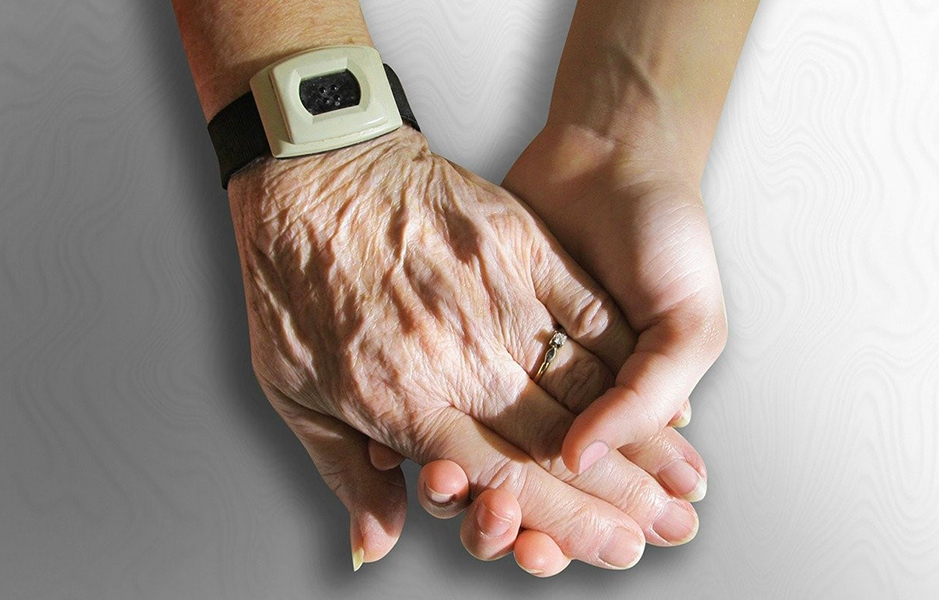Patients with chronic kidney disease on dialysis were particularly affected by the COVID-19 pandemic and the measures implemented to prevent contagion, both at a psychological level and in terms of the treatment and control of the disease itself.
A study coordinated by Daniela Figueiredo, a researcher at CINTESIS – Center for Health Technology and Services Research/the University of Aveiro, was the first to assess the experience of patients on dialysis, in the context of the pandemic, in Portugal.
The researchers analyzed patient data for February 2020 (before the pandemic) and April of that same year (in full mandatory confinement imposed by the state of emergency).
The results, published in the scientific journal Seminars in Dialysis, show a negative impact of the pandemic on kidney disease markers, which can be attributed to a slight decrease in dialysis time, which fits into the adopted contingency plans.
“During confinement, there was a reduction in the effectiveness of dialysis and disease control markers, although these remain within the internationally recommended values”, says Daniela Figueiredo.
As the CINTESIS/University of Aveiro researcher points out, “these patients cannot live without renal replacement therapy, and dialysis performed in specialized units remains the most common treatment”.
However, she says, “this treatment requires that patients have to travel at least three times a week to units that, during the pandemic, find it more difficult to follow the recommendations such as physical distance for people at high risk of COVID-19 infection”.
Another problem found was the change in the daily routines of these patients, who started to do less physical activity, to have a diet less adequate to their needs, and to show greater difficulties in restricting fluids. These factors play a decisive role in the treatment and control of kidney disease.
“Some patients consumed more “forbidden” foods in their diet, such as bread and dairy products (rich in phosphorus), because they could not or did not want to leave the house to shop, for fear of being contaminated. In addition, anxiety symptoms, such as a dry mouth and throat, made patients prone to drink more water than is recommended”, indicates the coordinator of the study.
As for the psychological effects, there was an increase in emotional suffering, associated with feelings of anxiety, sadness and loneliness, fear of being infected, and a decrease in autonomy and self-esteem.
“These results are congruent with the results of a similar study conducted in China, which also suggests an increase in emotional distress in the period of confinement in renal patients undergoing treatment in dialysis centers”, she adds.
Daniela Figueiredo recalls that patients with end-stage renal disease are particularly susceptible to COVID-19 infection, in an explosive combination with a number of risk factors, such as old age, diabetes, hypertension, and a more vulnerable immune system.
Interestingly, the pandemic also had some positive impacts, with an increase in social and family support, personal development, and the use of social networks to communicate.
For the future, the authors make a series of recommendations that aim to help kidney patients on dialysis to deal with the challenges that may arise. “The dialysis team can play an important role in deconstructing some of the patients’ fears. Another possibility is the creation of online support groups, in order to mitigate emotional, relational, and educational needs ”, they advise.
This work, authored by other CINTESIS researchers (Helena Sousa, Oscar Ribeiro, Roberta Frontini e Constança Paúl), from the University of Porto and the University of Aveiro, is part of the project Together We Stand – Promoting adherence in end-stage renal disease through a family-based self-management intervention, funded by the POCH – Portugal 2020 and the Portuguese Foundation for Science and Technology (FCT).

